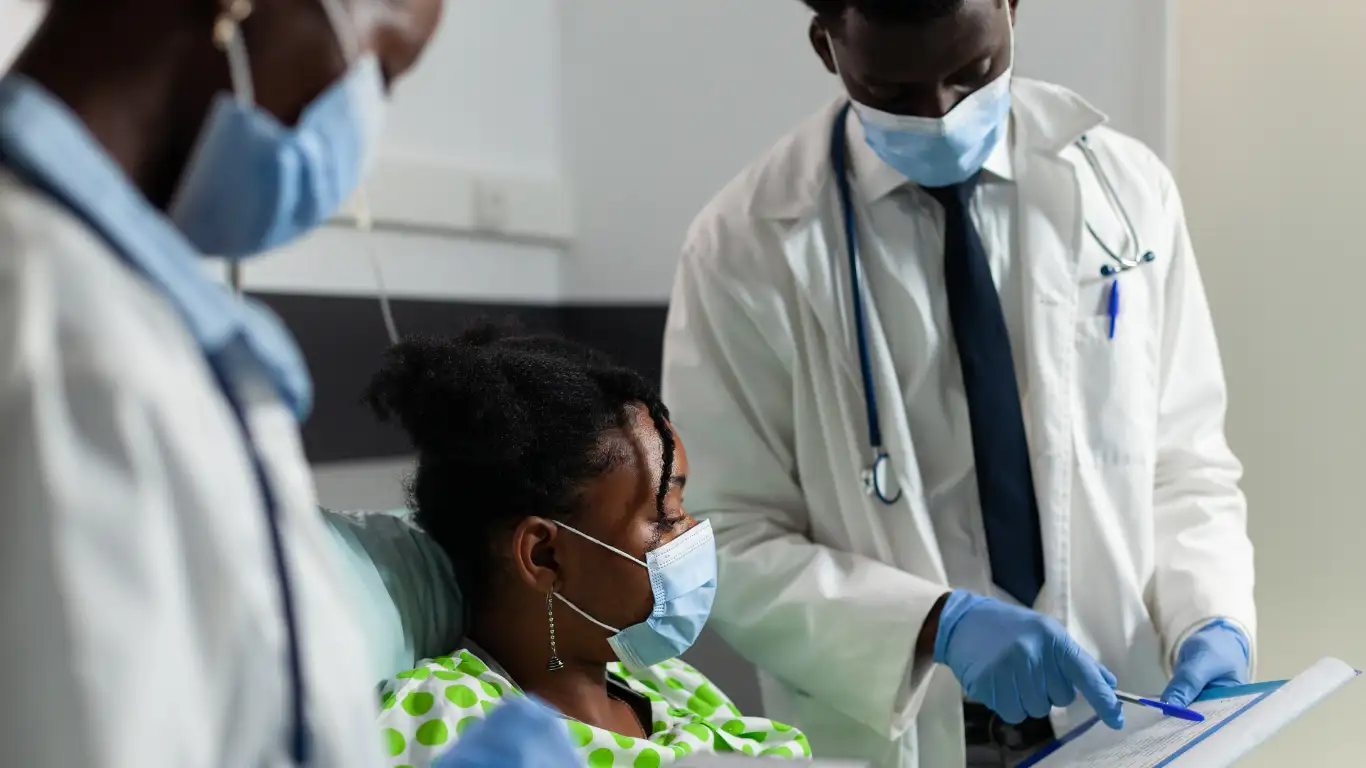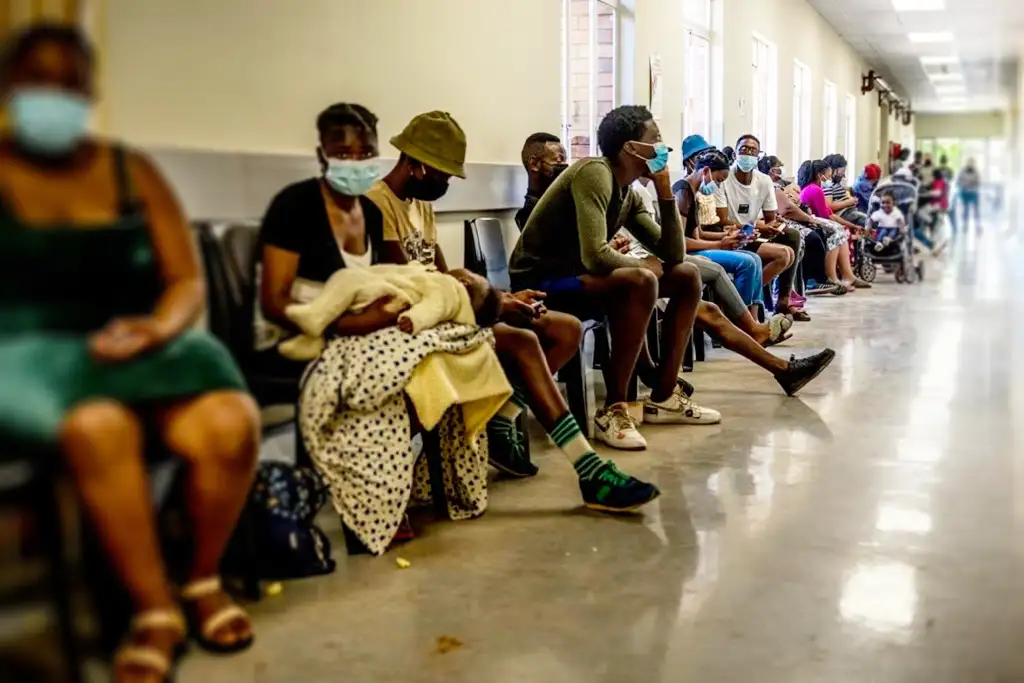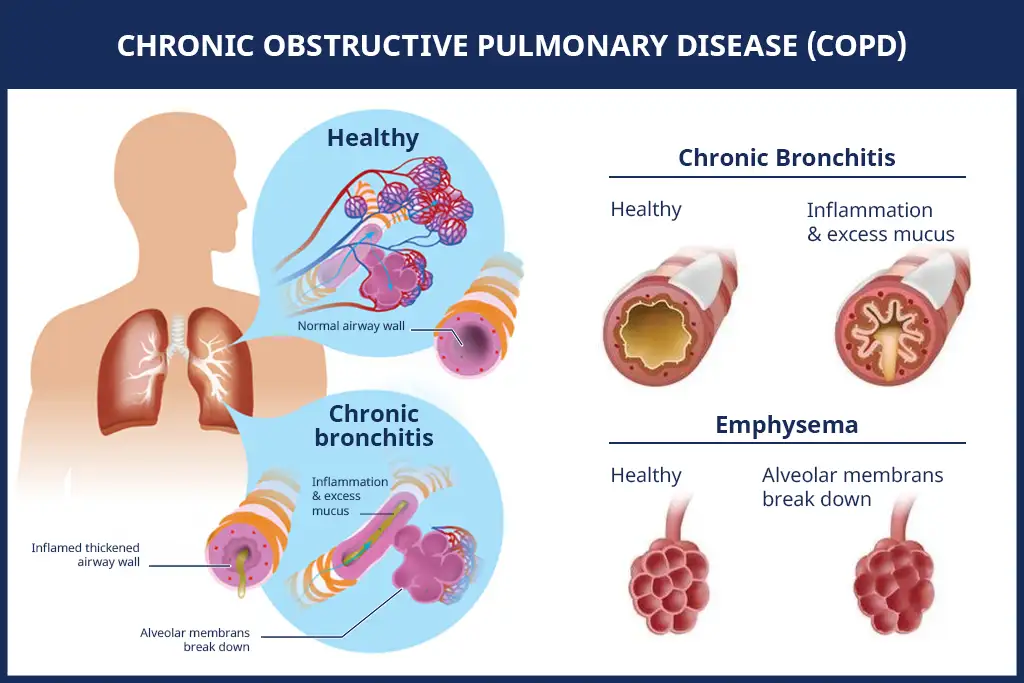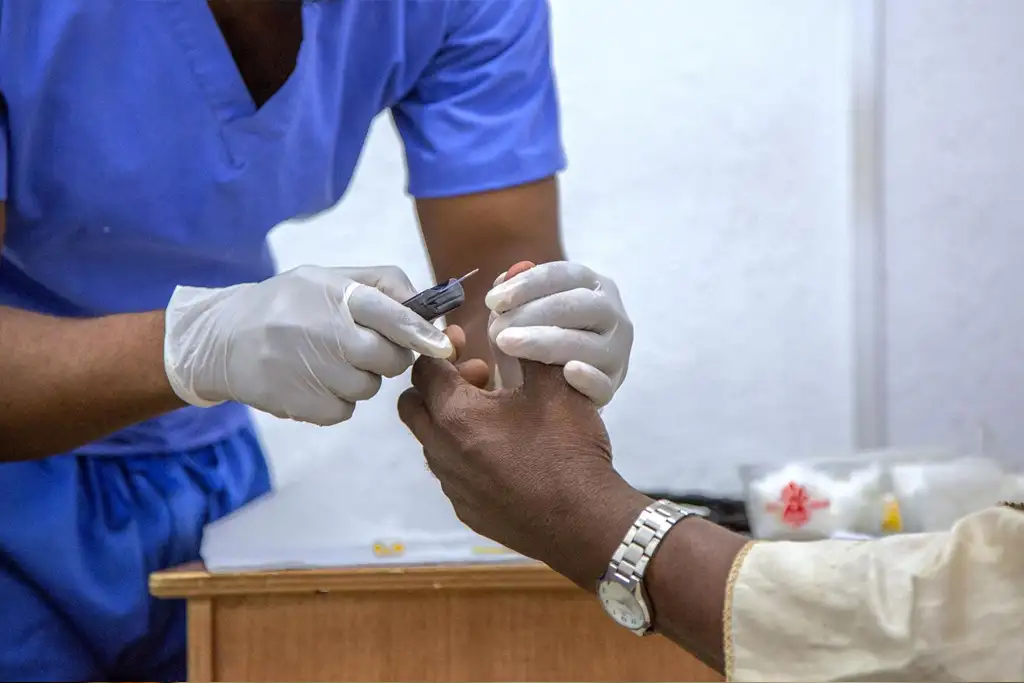African Research Network
High-quality global health research from Africa
Non-communicable diseases (NCDs) are the leading cause of death in Africa, yet 90% of funding allocated to medical research on the continent is still devoted to infectious diseases. It is time! Our unique inter-African network has been conducting research across 20 sub-Saharan African countries to dramatically advance knowledge on the prevalence and etiology of cardiovascular and other non-communicable diseases on the continent.
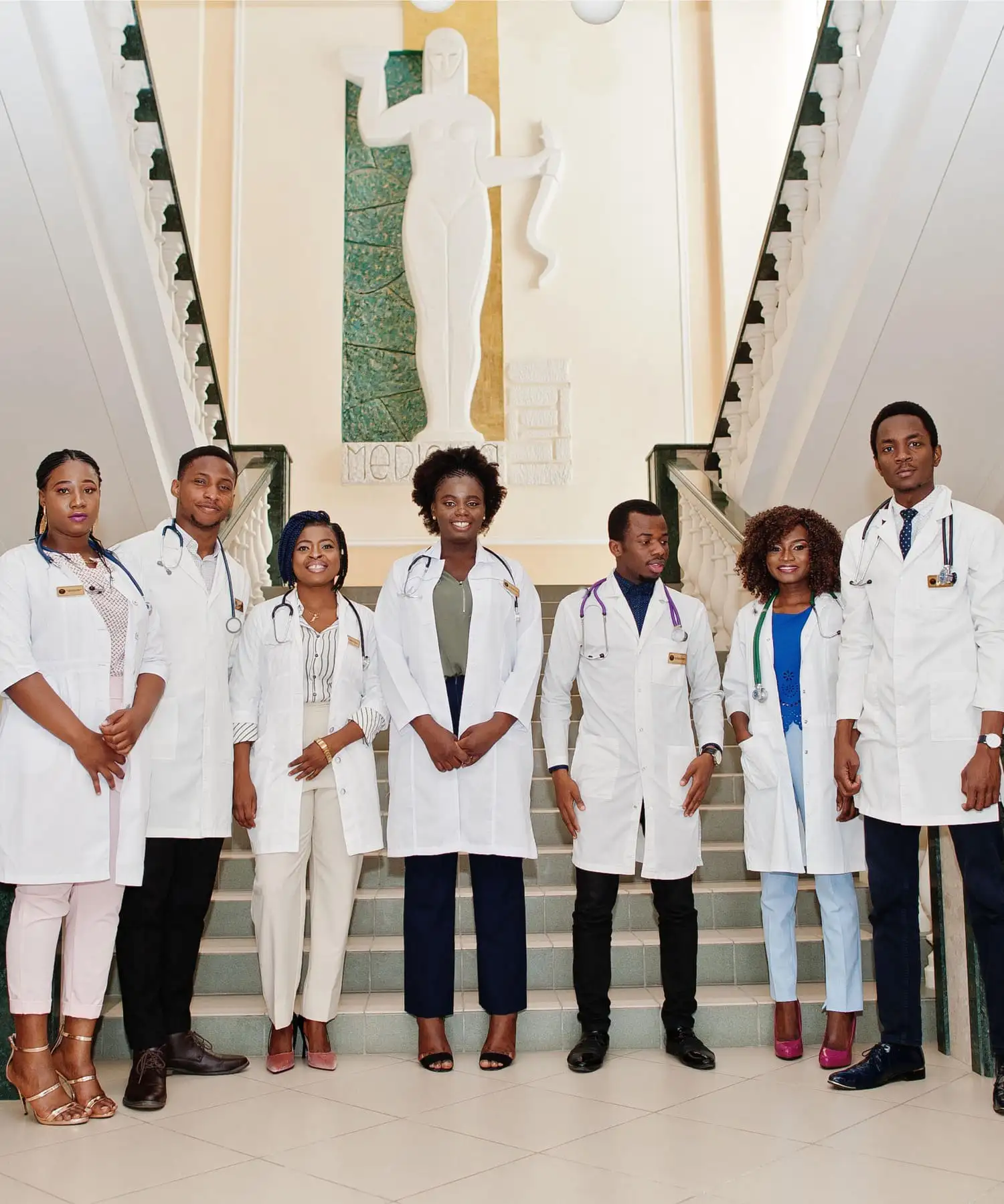

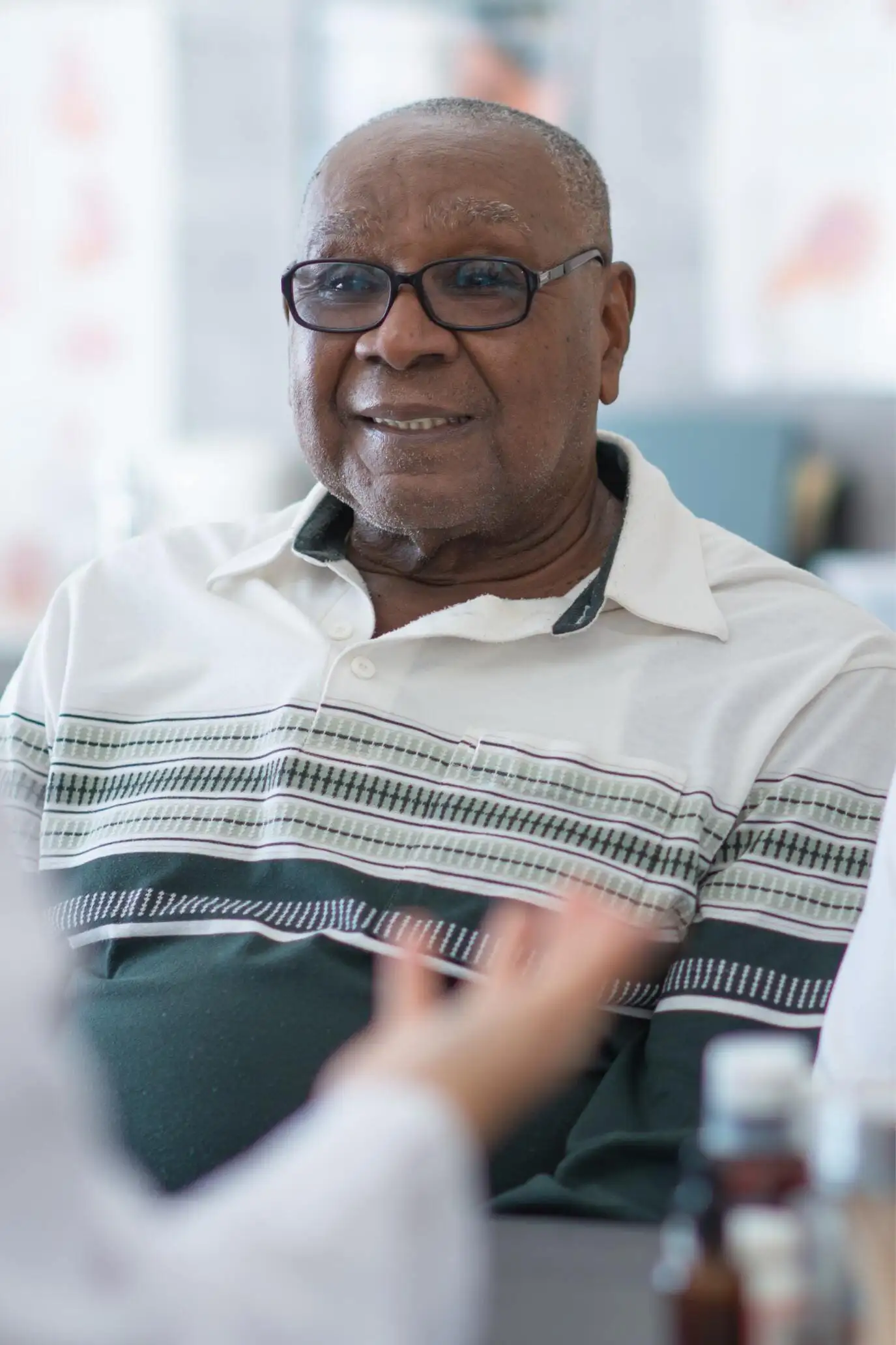

Our Mission
Accelerate the response to non-communicable diseases in Africa
The African Research Network is a growing community of cardiologists, epidemiologists, and pharmacists with extensive prior research experience in the fields of Rheumatic Heart disease, Sickle Cell disease, Quality of cardiovascular and anti-diabetic drugs, Severe Hypertension, or Acute Rheumatic Arthritis. We have been conducting thorough analysis to provide physicians with concise guidelines to better prevent, assess, and manage NCDs in Africa, and ultimately contribute to effective policy making in low- and middle- income countries.
The Dakar Call
SEPTEMBER 25-26, 2023
Abdou Diouf International Conference Center
Research
Expand new horizons in research
Our research projects question socio-economic settings, cardiovascular disease management, and pharmacological aspects. It highlights global health challenges such as improving equitable access to treatments and setting up effective cardiovascular risk factors prevention programs.


Our latest articles
Your Source for NCDs Insights
Our partners
30+ partners around the world trust us.
Universities

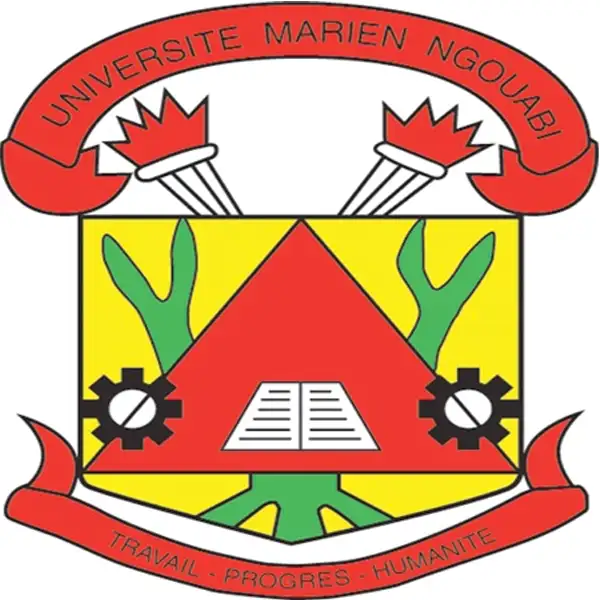





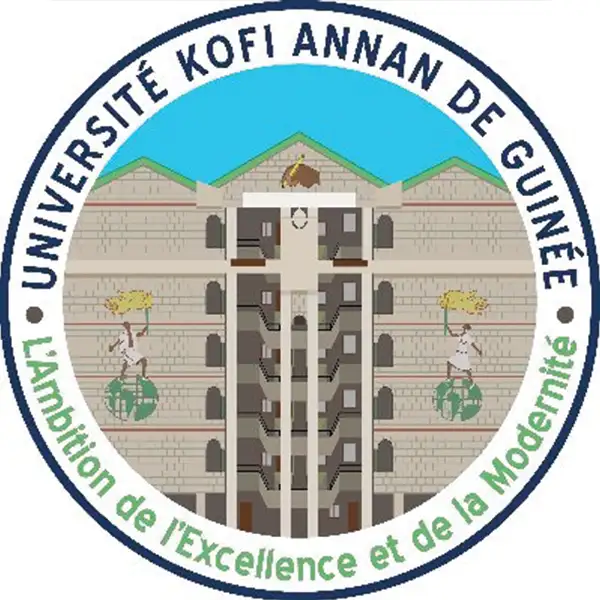
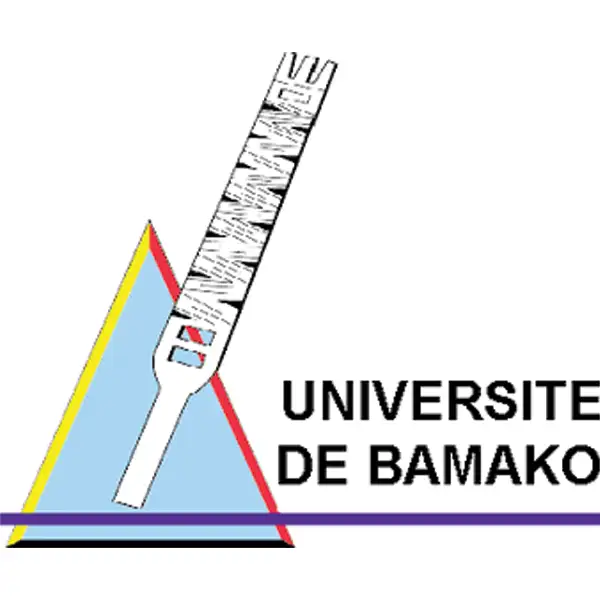


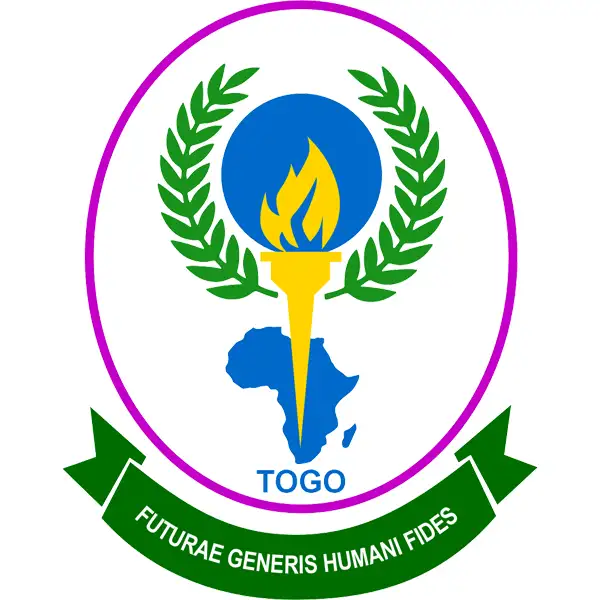
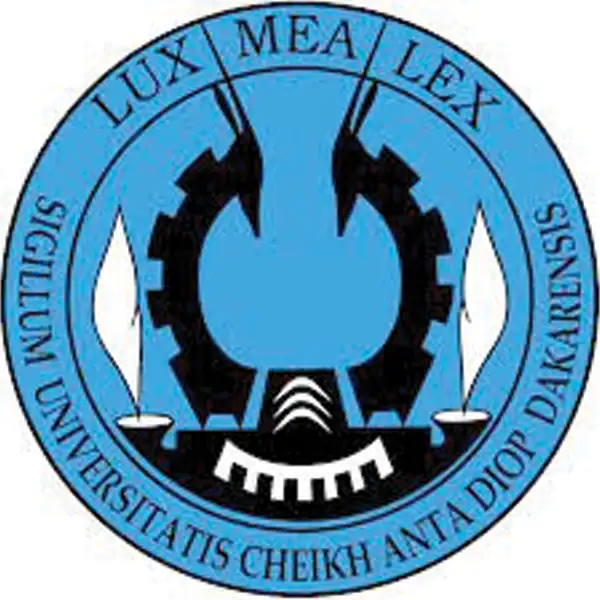


Partners

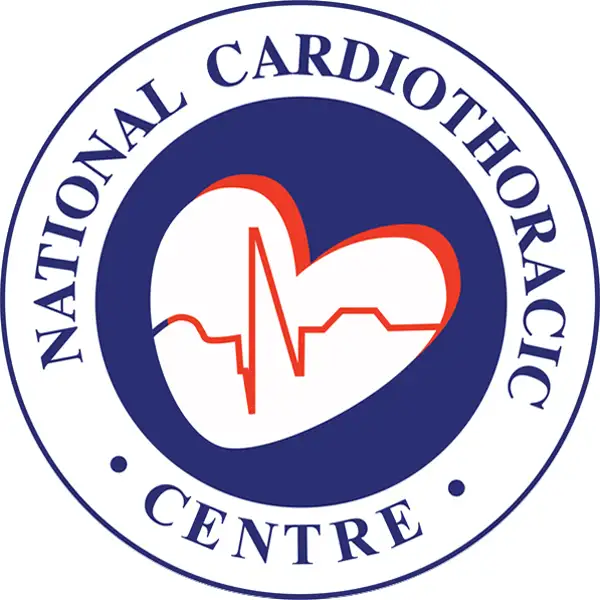
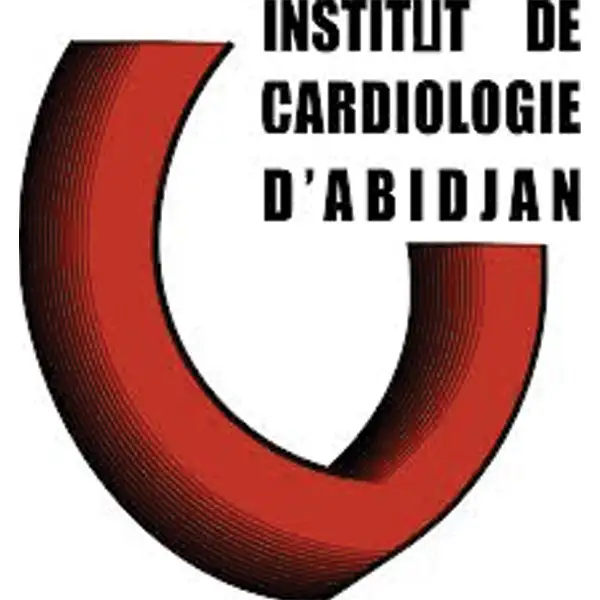
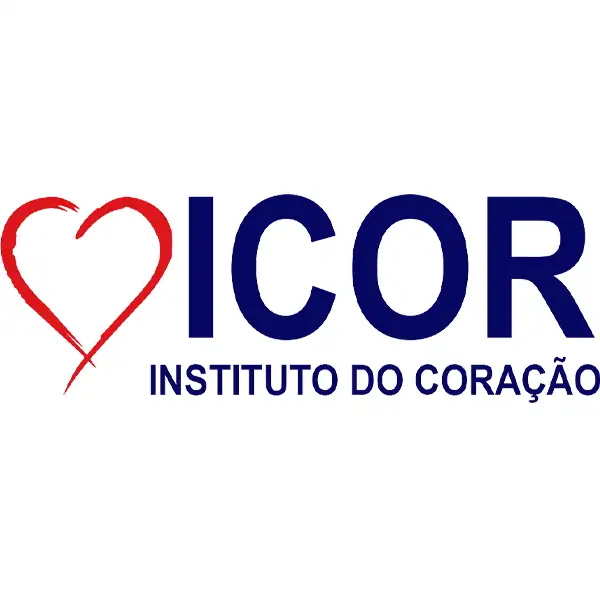
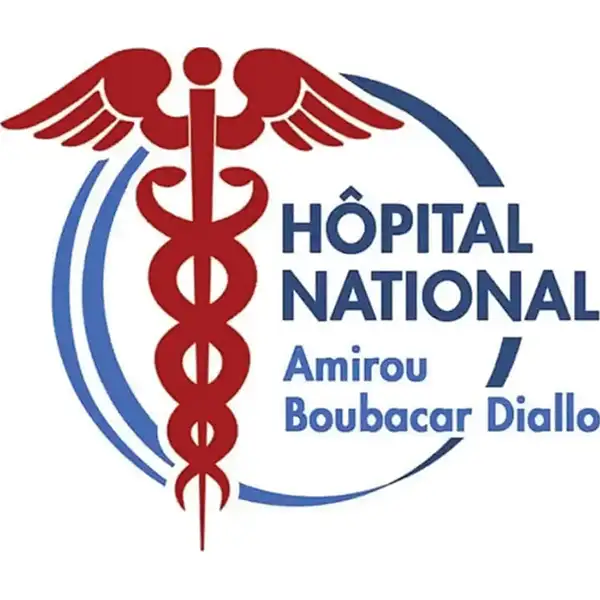
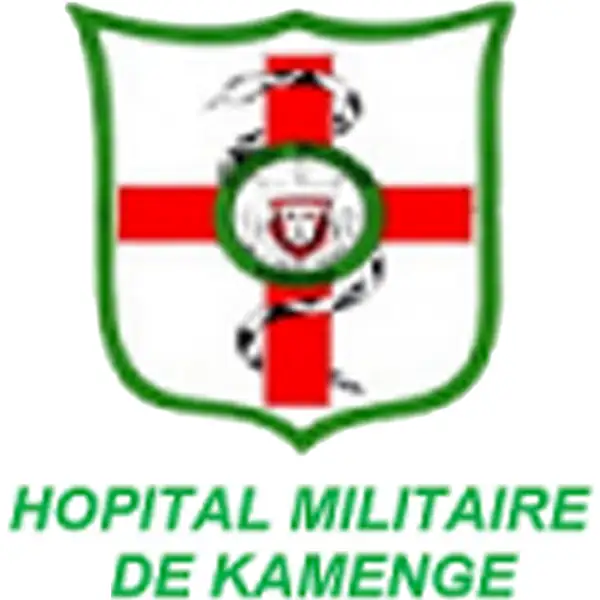


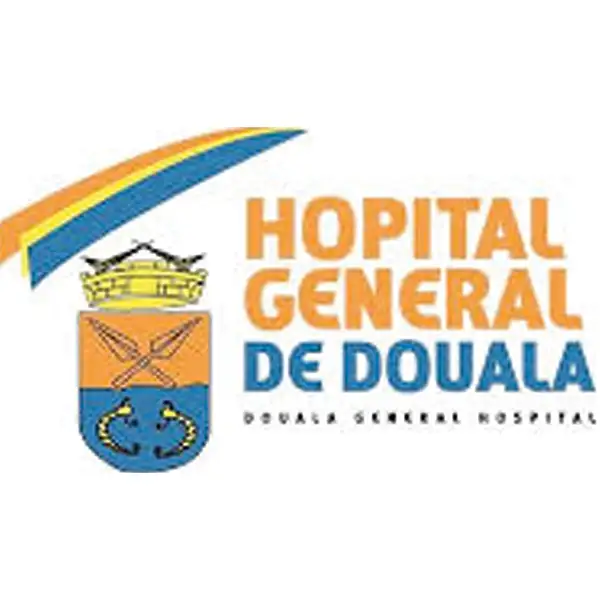
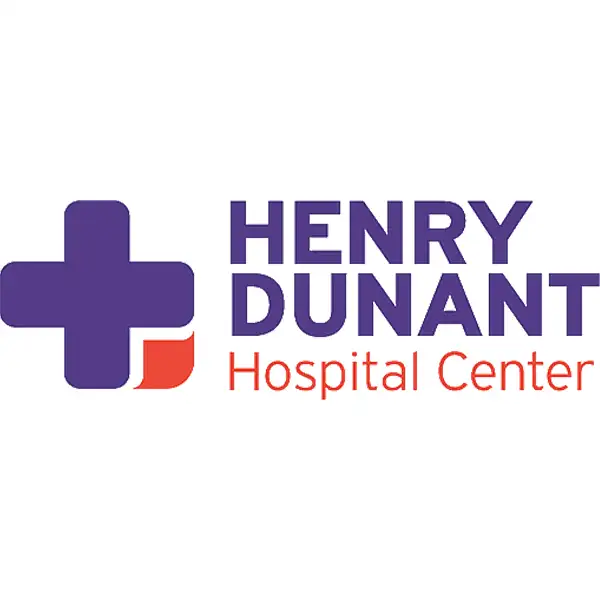
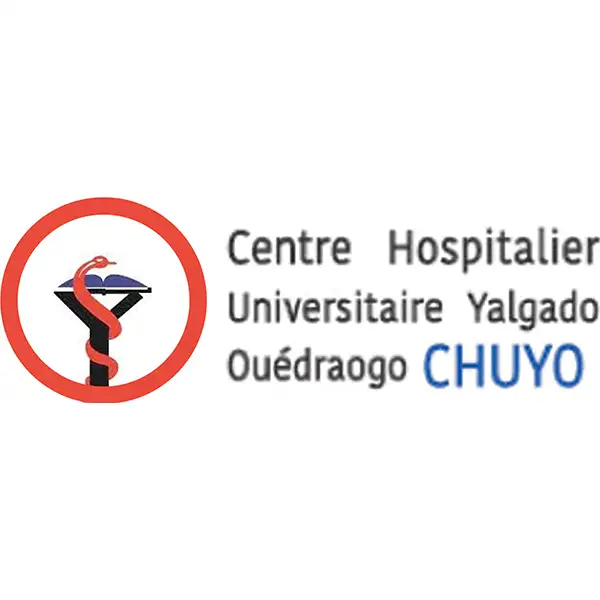
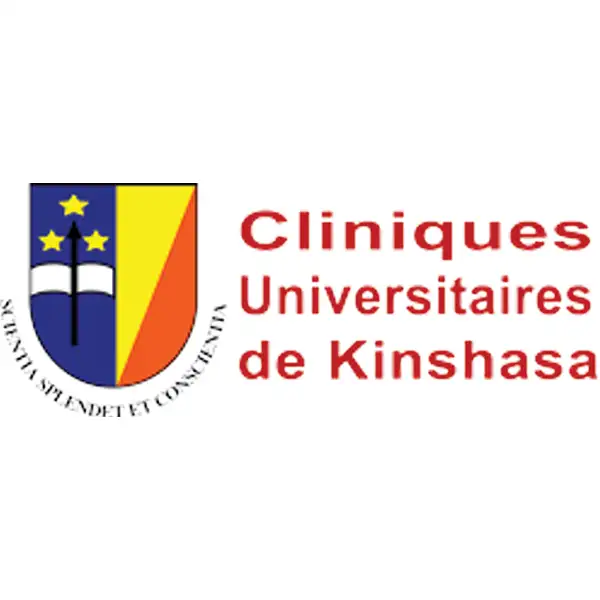
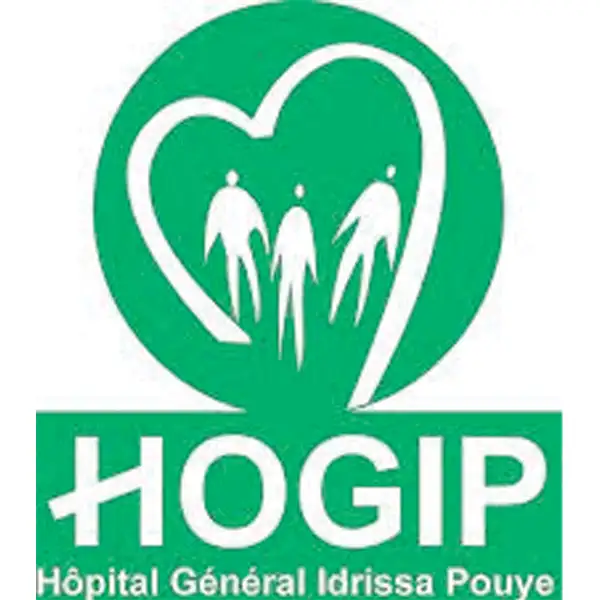

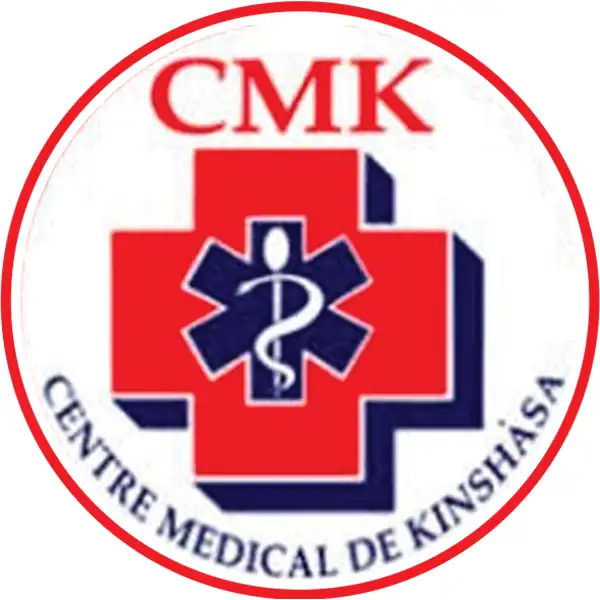
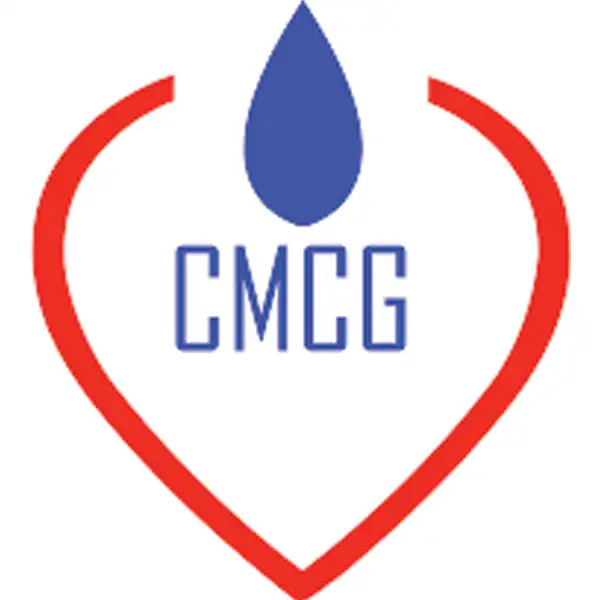
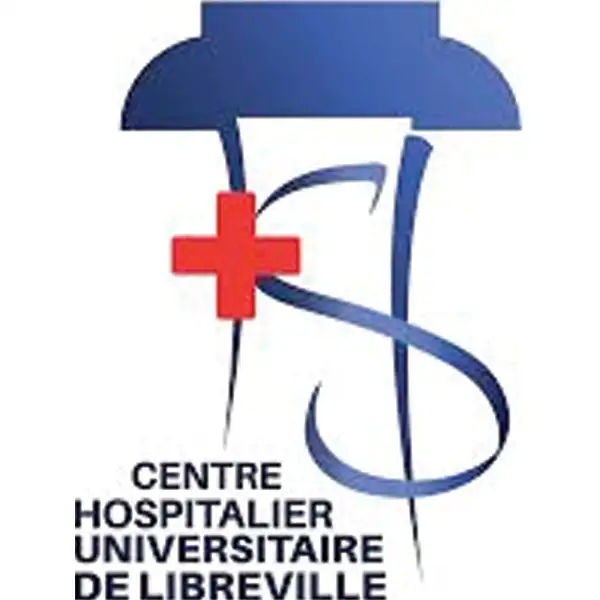
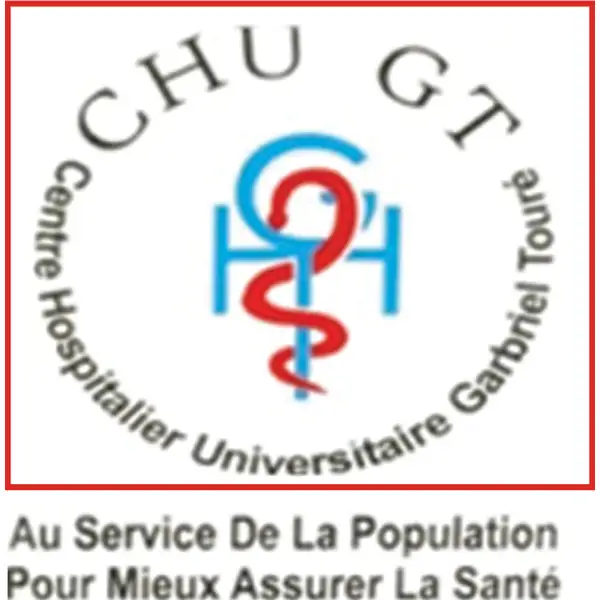
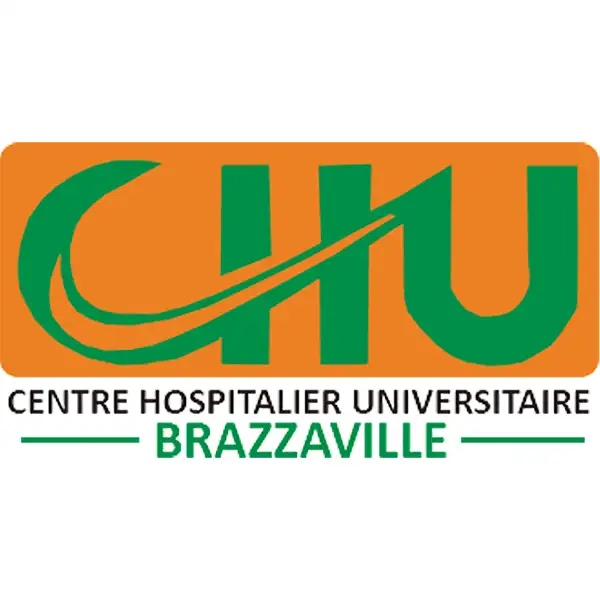

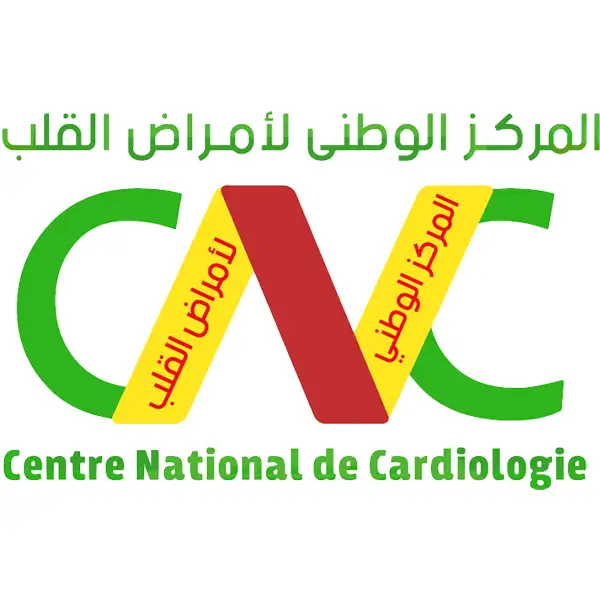
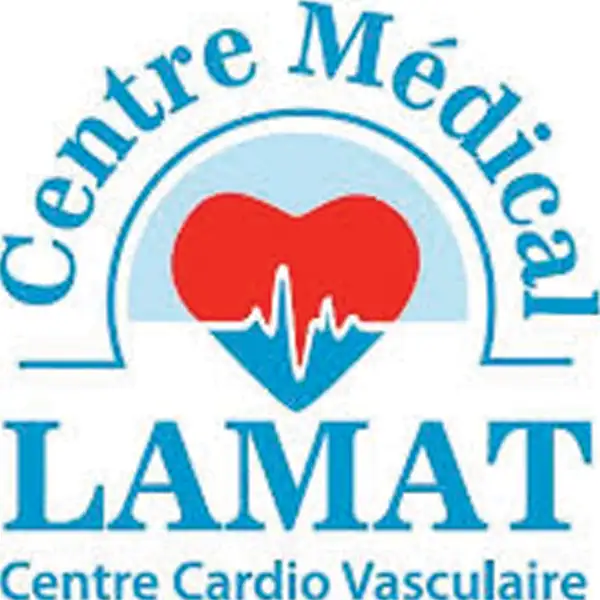
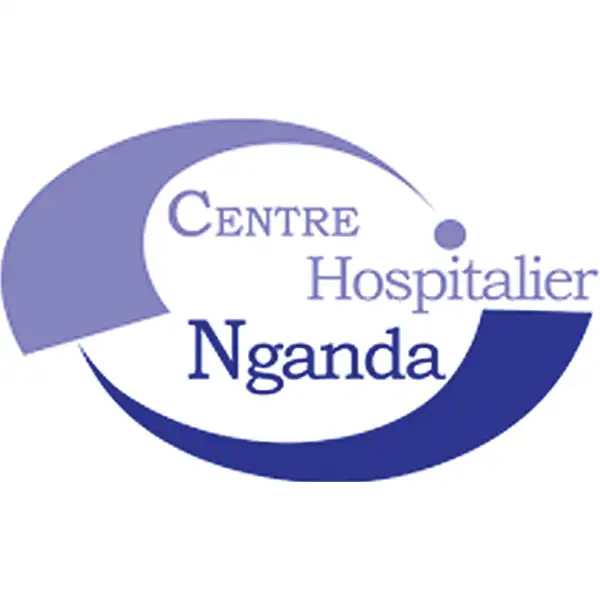
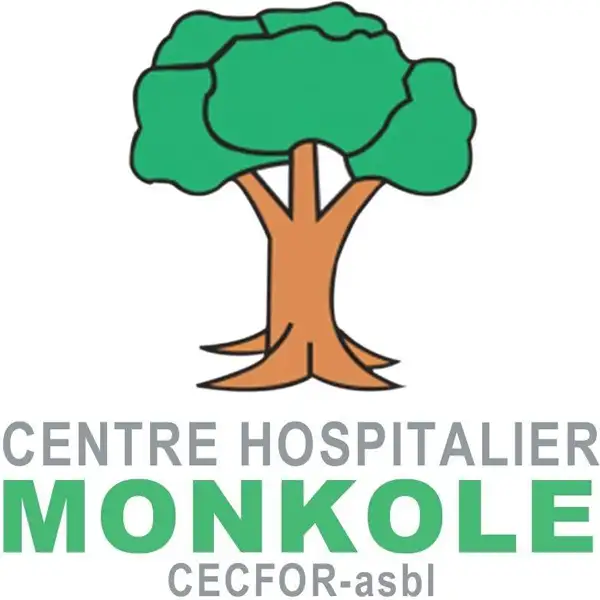
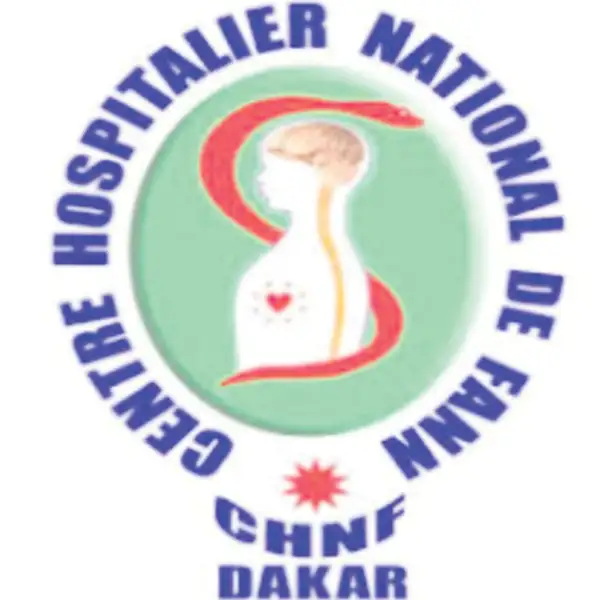

Discover our network
West Africa
- =Benin
- =Burkina Faso
- =Côte d'Ivoire
- =Gambia
- =Guinea-Conakry
- =Mauritania
- =Mali
- =Niger
- =Nigeria
- =Senegal
- =Togo
Central Africa
- =Burundi
- =Cameroun
- =Congo-Brazzaville
- =Democratic Republic of Congo
- =Gabon
- =Tchad
East Africa
- =Ethiopia
- =Kenia
- =Mozambic
- =Sudan
- =Tansania
- =Uganda
It is time!
The funding of research in Africa should reflect the epidemiological transition that has been unfolding on the continent.
African doctors should be able to choose the diseases on which they wish to work; create and carry out the research studies and tests of their choice; analyze, publish, and benefit from the results themselves.
